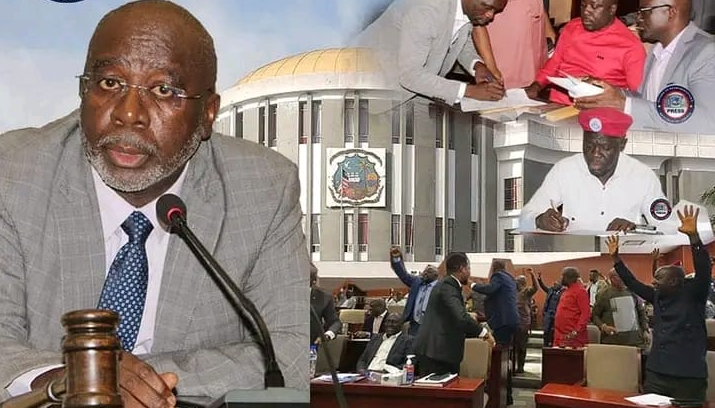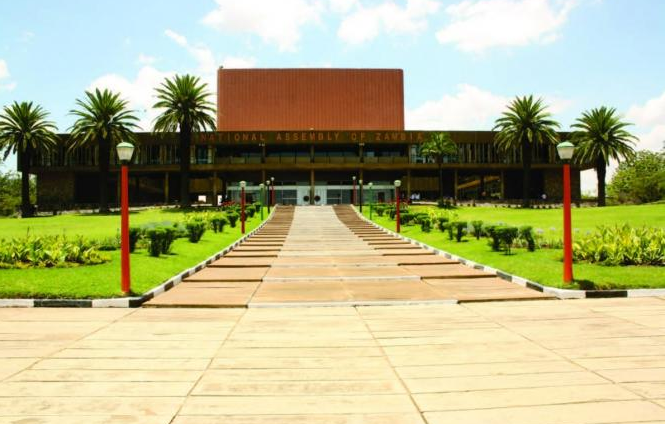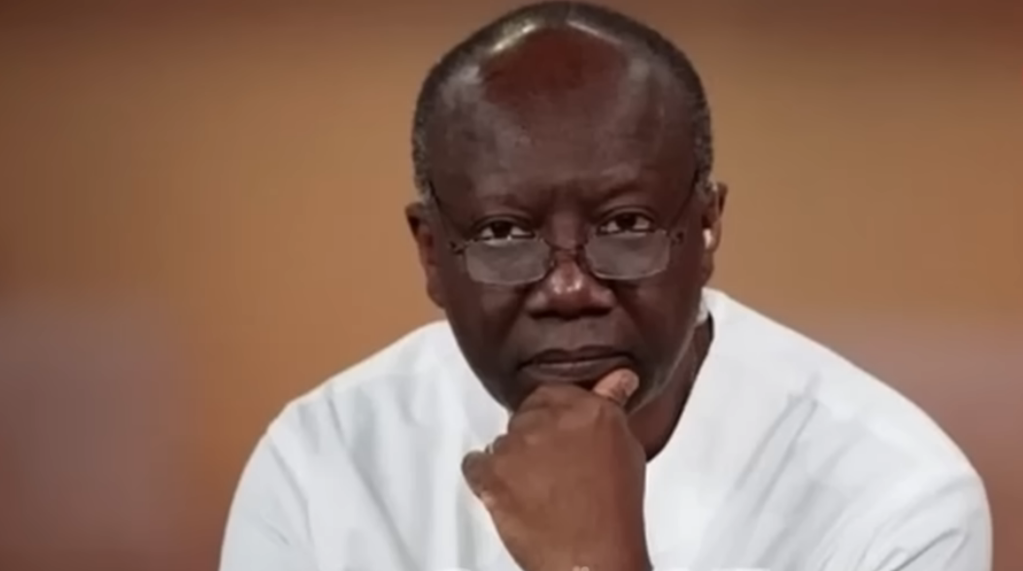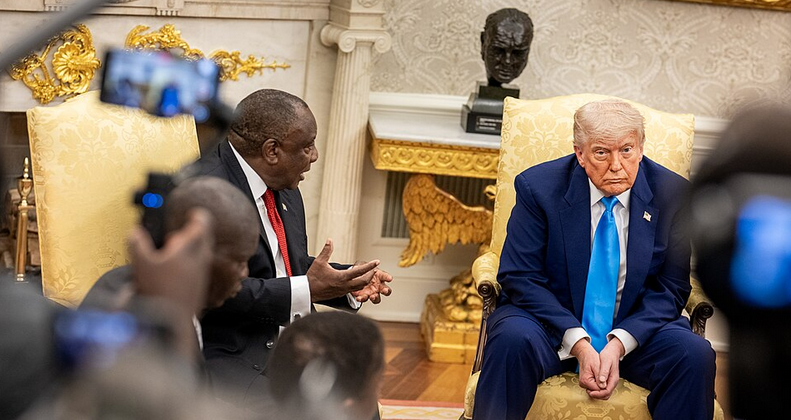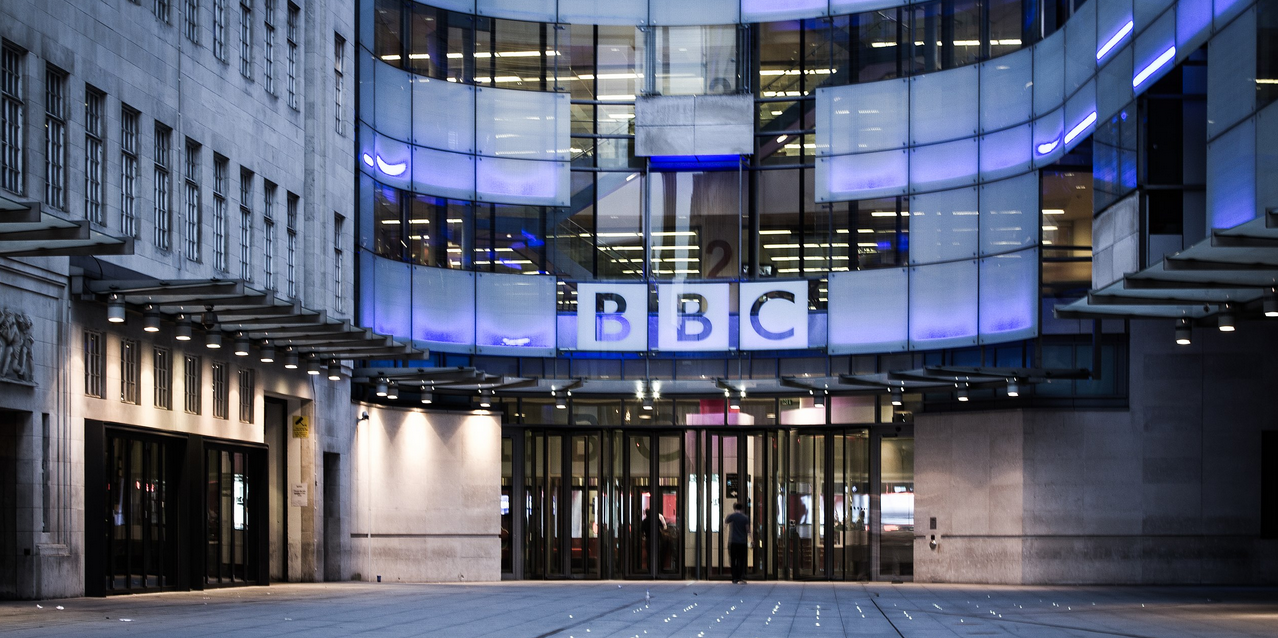By Martins Agbonlahor
Photos: Facebook\YouTube Screenshots
Liberia! The term evokes either sweet or sad memories depending on the way it strikes you.

While one may gleefully reminisce that it was the first sovereign African country that survived the European Scramble for Africa, the mention of that name also leaves a sour taste in the mouth when one recalls the devastating civil war that engulfed the country in the late 80s and up to 2003, leading to the mutilation and massacre of over 250,000 citizens, and making the bloodcurdling term: ‘Child soldiers,’ to become indelibly imprinted in the country’s psyche.
Now, Liberia’s current president, Joseph Boakai, has proposed what he calls a ‘War Crimes Court,’ (hereinafter ‘WCC’), to ostensibly wipe off the acidic taste, the recurring nightmares, and the haunting thoughts that the ugly war brings to our consciousness. The idea of it may have also been to bring to book, the perpetrators of the aforesaid war and its profiteers.
But let me say, as a keen observer of the country’s affairs, that the grandiose idea will not gel or dazzle. It will fizzle out like a candle in the wind, and while I am not being pessimistic here, previous events in the country seem to dictate that the success of the proposed scheme will be tantamount to squaring a circle.
Yes, it is indeed true, that Liberians have gone through a lot and that the surviving victims of the bloody war deserve some reassurances that never again must such gruesome bestiality reoccur. They deserve some reparations, too.
It was in this instance, that the government of Mrs Ellen Sirleaf set up the Truth and Reconciliation Commission (hereinafter ‘TRC’) in 2006, and had as some of its recommendations, restitution for war victims and a 30-year ban from politics for those indicted as warlords and war profiteers.
Prince Yormie Johnson, a current member of the country’s law-making House of Senate and a warlord, whose faction was alleged to have partaken in the mutilation of children, was among those indicted for war crimes. But the gentleman remains as free as air, and with other ‘untouchables,’ parades the corridors of power with panache.
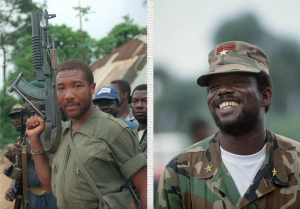
This is my gripe. Why was the recommendation of the Commission not pursued to the letter? Is the former war lord-cum-senator and his henchmen above the law?
I am sometimes tempted to admit that our leaders in Africa are not ready to make our criminal justice systems work nor are they ready for poetic justice to thrive. This, incidentally, is what differentiates us from the Western world, where the whole gamut of the law would weigh staunchly against you when you commit a crime or are alleged to be guilty of an offense, irrespective of your background, social status, and connections: The travails of former British PM, Boris Johnson, and the current prosecutions of America’s Donald Trump refer. While their justice system works, ours in Africa protects the rich and the powerful while the poor and the beggarly are railroaded into jails on a daily basis. Have a wad of dollars in Kenya, Nigeria, Ghana, Liberia, or any of those goddamned countries, and justice is readily available for sale to the highest bidder!
This was the case with Ellen Sirleaf’s Truth and Reconciliation Commission, when some of Yormie Johnson’s cronies and co-combatants who had profited massively from the war and had been indicted, took their case to the country’s Supreme Court, which decided that the recommendation of the commission was ‘not only unconstitutional but that it infringed on the rights of the defendants.’ See the court case of Williams vs Tah (2011).
Cheap legalese, I’d say. If summoning these influential warlords to account for their horrific crimes breached their rights, how about the rights of those poor amputees they brutalized and others they sent to early grave? Should one rule be reserved for the powerful and another for the weak, and yet they tell us the judiciary is the ‘bulwark for the common man?’ This is simply preposterous and beyond the realm of the ridiculous.
In this vein, therefore, I do not see any assurance that President Boakai’s proposed WCC would not fail when the courts are still there: these same courts which made mincemeat of TRC by a spate of legal jargons. In fact, TRC’s tragic fate awaits the proposed WCC, for as the Kpelle tribe of Liberia puts it in one of their adages: ‘the stick that was used to beat the wife also awaits the mistress.’
Some people have expressed some optimism in the proposed War Crimes Court, saying it is ‘a completely different body’ and that its operation will be markedly different from the now defunct Truth and Reconciliation Commission. Here, I beg to differ, because it is not the appellation that matters, but the mindset of the people running them.
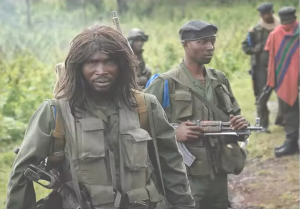
In addition, and judging from the point raised earlier on, I have an inkling that the proposed War Crimes Court, will be lambasted, pilloried and smeared for ‘witch-hunting’ and for that reason; the floodgates of litigation will be flung open for all sorts of cases thereby slowing down development in a country in dire need of it.
It has also been argued that the proposed WCC is a ‘mere diversionary tactic,’ and that the country should move on than ‘open up old wounds,’ being that the war was fought over thirty years ago. The country’s immediate past president – the venerable George Oppong Weah – happened to be a staunch supporter of this point of view.
In a particular clip, he opined, amongst others, that he does not see any logical reason for a War Crimes Court, ‘when Liberia lacks development and is in economic hardship.’
Whether the country should move on, is essentially for Liberians to decide, but I sincerely believe the victims of the gruesome war need justice. It is morally reprehensible for these victims to see their torturers-in-chief perambulating the town untouched in a barefaced mockery of justice. The Truth and Reconciliation Commission should have provided an avenue for soul-searching. In fact, it would have been one step for Liberia and a giant leap for the whole of Africa had its recommendations been acted on, but alas, the wicked of the world threw a spanner in its work.
I am indeed very sceptical about this whole thing, and whether this so called ‘War Crimes Court’ is just another convenient tool for President Boakai to whip his political enemies to line, remains to be seen. In any case, it should be remembered that history is life’s teacher, and those who fail to learn the lessons of history are doomed to repeat it.
So beware, Liberia.

Martins Agbonlahor is a trained lawyer, journalist and author. He resides in Greater Manchester, The United Kingdom.
